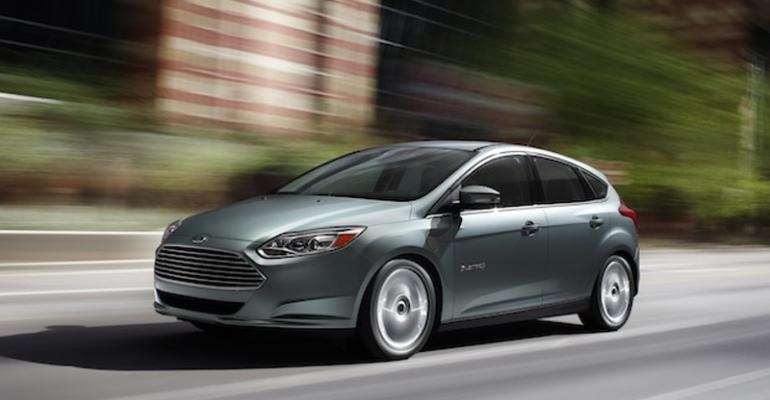DETROIT – The German auto industry is pushing for a free-trade agreement with the U.S. that it believes would save auto makers billions of dollars on both sides of the Atlantic.
“I have met several times with Chancellor (Angela) Merkel, and she took the idea to President Obama last year,” says Matthias Wissmann, president of the VDA industry association. The organization is devoting “a lot of resources” to the idea, he says, although he admits such an agreement will not be easy to achieve.
The thrust of the idea within the auto industry is to have cars that are approved for sale in Europe or the U.S. to be accepted on each continent as safe and salable. Because of the different homologation rules, today’s cars must be engineered twice if they are to be sold on both continents.
A government-level group working on establishing common standards for electric vehicles, which includes a representative from Audi and another from Ford, could be a step toward the goal of acceptance of each other’s standards, Wissmann says.
“Europe is in a critical situation,” he tells WardsAuto in an interview after the VDA press conference at the North American International Auto Show here. “It needs a stimulus for European growth, and in the European Union there is a lot of support from business circles. If the electric vehicle flies, chances (of adoption) are higher.”
He also is convinced that common EV rules are “a good idea which will come. You need a first good example.”
The idea is broader than elimination of tariffs, which are not significant now, Wissmann says. The target is non-tariff barriers such as safety and fuel-efficiency rules.
“It is all political now,” says the VDA executive, and success depends on broad support. “The moment a congressman from Tennessee sees that it is good for his state,” it will get his vote.
Auto makers such as Ford and General Motors that operate on both continents favor free trade, and the rule of reciprocial acceptance could help the U.S. increase exports. Thanks in part to the lower cost of energy seen in recent years. “The U.S. is starting to reindustrialize,” Wissmann says.
Working against a free-trade agreement, he says, is agricultural trade, “always a difficult question;” getting the French government to agree with the German government on the deal; “and the left wing of the Democratic Party and the right wing of the Republican Party” in the U.S. Congress.
In addition, the thousands of bureaucrats who write and enforce current regulations are a potential obstacle, which requires that change be pushed from the top down, Wissmann says.
Last year's effort by the VDA to promote clean diesel passenger cars in North America has been a success, he says. For the past six months, the effort supported by Audi, BMW, Daimler, Porsche, Volkswagen and supplier Robert Bosch has been pushing diesel power through communiques and a website using the slogan, “clean diesel, clearly better.”
He says diesel sales in North America now have a 2.7% share, with German brands representing all the passenger cars. German diesel sales in the first 10 months of 2012 reached 116,200 units, an increase of 26%. In all, German brands represent 37% of car and truck diesels in the U.S.
“The communication we have started will be reflected in future growth in market share,” Wissmann says, with diesels growing faster than the overall market.
The VDA expects U.S. sales to exceed 15 million units this year, with growth lower than last year's 13%. Wissmann expects German brands to increase their market share in 2013 for the eighth straight year.





